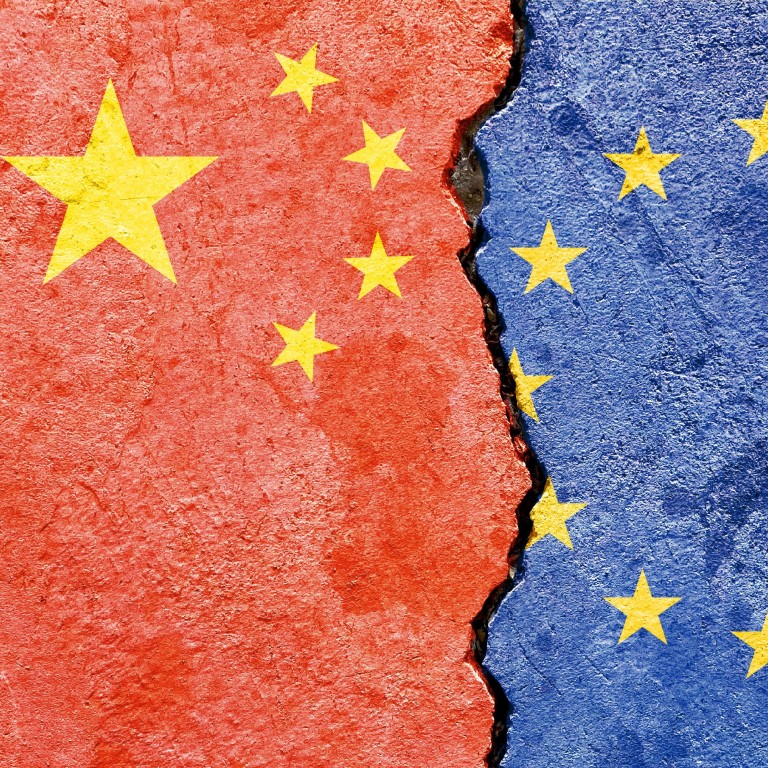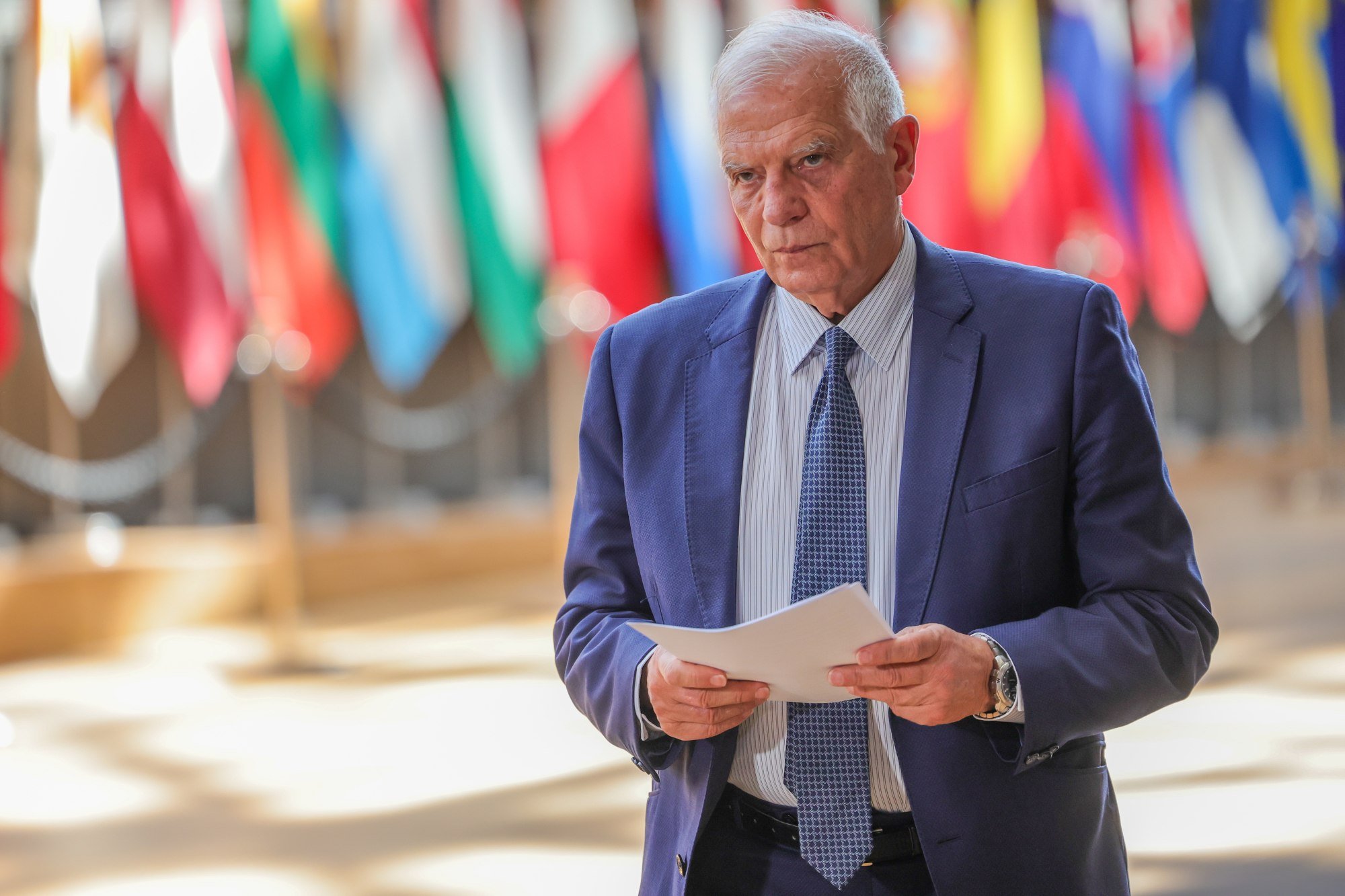
EU moves to recalibrate China strategy with ‘clear-eyed but not confrontational’ approach
- Cosmetic changes rather than wholesale policy overhaul suggested in position paper seen by Post before ministers’ meeting in Stockholm
- New emphasis on Ukraine and Taiwan as bloc told that values, economic security and strategic security to define relations with China
That was the advice handed to the EU’s 27 member states before its ministers hold crunch talks on reconfiguring the bloc’s policy towards Beijing in Stockholm on Friday.
A position paper meant to steer the debate and seen by the Post was distributed by the EU’s External Access Service – its de facto foreign bureau – to capitals on Thursday.
Ministers have been urged to adhere to the 2019 designation of China as a partner, competitor and systemic rival, “even if the weighting between these different elements may vary according to China’s behaviour”.
“It is obvious,” the document stated, “that in recent years the rivalry aspect has become more important.”
In an accompanying letter sent to the bloc’s foreign ministers, top diplomat Josep Borrell outlined three new prongs that will define the relationship going forward: values, economic security, and strategic security – namely Ukraine and Taiwan.
EU racing to devise new China strategy with ‘de-risking’ at its core
“The EU needs to be prepared for scenarios in which tensions increase significantly. The risk of escalation in the Taiwan Strait clearly shows the necessity to work with partners to deter the erosion of the status quo in the interest of all,” the document read.
Europe must “engage with China – and the US – in maintaining the status quo and de-escalating tensions in the Taiwan Strait”, it continued.

Some EU members maintain hope that China can play a peacemaking role in Ukraine. According to the paper, “direct dialogue between China and Ukraine would be the best opportunity for China to contribute to a fair political settlement.”
Borrell, writing separately, suggested that whatever would happen in Ukraine, China’s rise would not be altered.
“A Russian defeat in Ukraine will not derail China’s trajectory. China will manage to take geopolitical advantage of it,” he said.
China investment deal set to return to EU agenda next month
Rather than break off contact with China, however, EU members were urged to keep the Asian giant engaged.
“Open, clear messages towards the Chinese leadership coupled with realistic expectations are needed to ensure both credibility and leverage,” the paper stated.
“If we are to build new stability in our complex relations, the EU and its member states should remain firm but not confrontational. We should be clear-eyed about the nature of this relationship,” it added.
Cooperation should be sought where possible, which can “break through a growing self-induced isolation of the Chinese leadership but most importantly should advance the EU’s core interests”, the diplomats wrote.
After Friday’s session in Stockholm, the EU’s 27 national leaders are expected to discuss China strategy during a summit in Brussels in June. But people involved in the planning cautioned against expecting a finished strategy any time soon.
“China is much too important an actor to conclude into a final position forever and ever,” a senior Western European diplomat said. “I wouldn’t be able to say that we’d be ready soon. It will be open-ended.”

